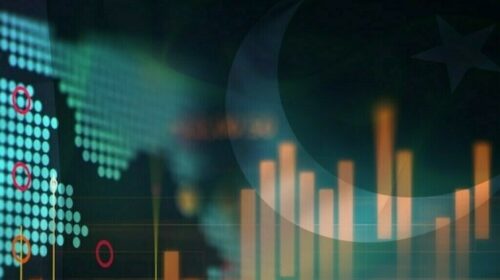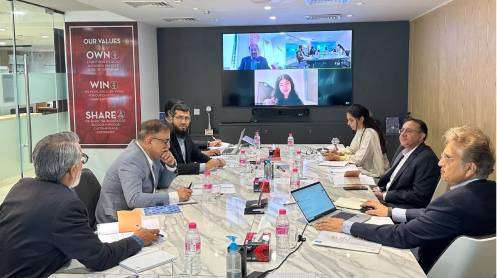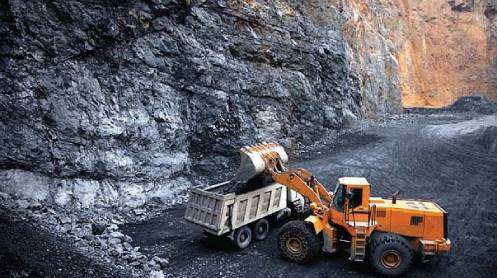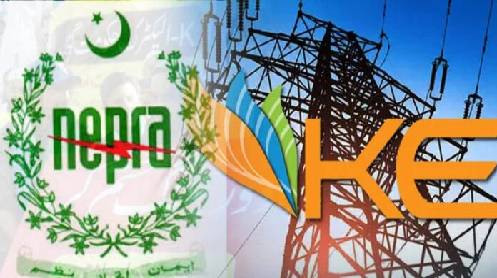Federal Minister of Planning and Development Ahsan Iqbal on Thursday said that the country needed a ten-year economic framework with the consensus of all the stakeholders to steer it out of the crisis.
Speaking at the Karachi Chamber of Commerce and Industry (KCCI), Iqbal said that the present government has been focusing on Tax, Investment, Export and Remittances (TIER) policy to achieve real economic growth.
“The country can progress only through substantial increase in the export,” he said, and noted that private and public sector has to work jointly to realise this goal. “Our future depends as whether the country would be able to fetch 100 billion dollar exports in next five to ten years,” he said, and added that all chambers of the country have to work for it.
He termed China a big market for Pakistani products, but Pakistan was only able to fetch $3 billion from this market whereas China’s imports were up to $2.5 trillion. “We failed to exploit the Chinese market with a huge population,” he stated.
He attributed this failure to Pakistani exporters’ weak corporate governance structure and urged that firms should fix their corporate governance system to enter into joint ventures with the Chinese companies.
Pointing to the huge potential in China’s agriculture sector, Ahsan said that apart from grains and edible oil, China relies on imports for vegetables, poultry, and meat, which could be sent from Pakistan.
He also urged the chambers to enter into partnerships with the leading business and economic schools in the country for developing an export strategy to realise the dream of phenomenal growth in the exports.
He said that Pakistan failed to achieve export-led growth in the last 75 years, whereas the world’s successful economies progressed on the basis of exports. He pointed out that our growth cycle resulted in balance of payment crisis after every few years.
He was also critical of economic policies of the PTI government and said that inflation sharply rose because of the accord with the International Monetary Fund (IMF), which was signed by the previous government.
He justified the present government’s act to approach IMF to ward off the default of the country. He said that credibility of the country was damaged during the PTI regime and said that it did not enter into long-term contracts for gas and oil when their prices were on the lowest ebb because of Covid.







